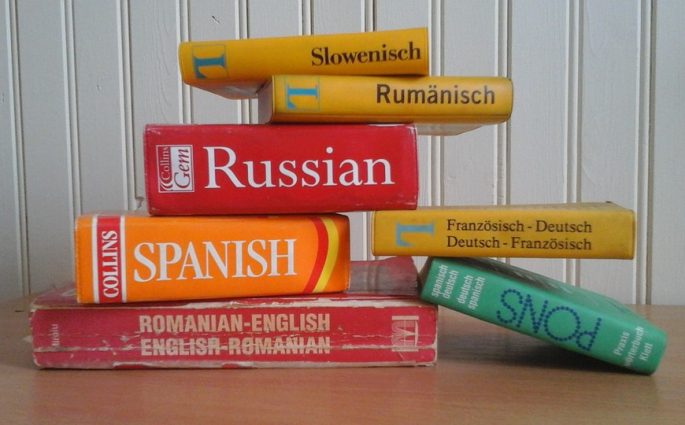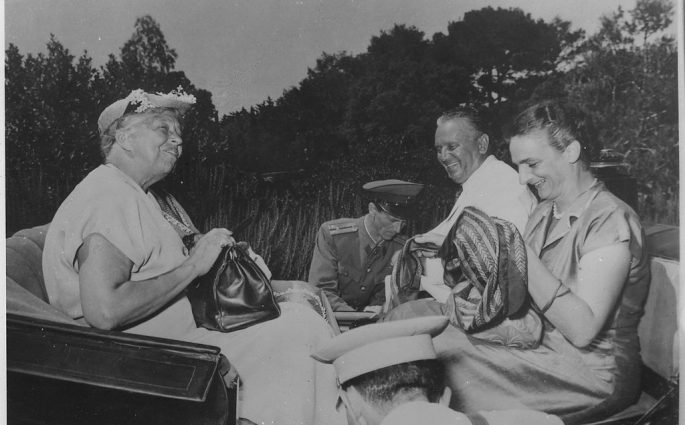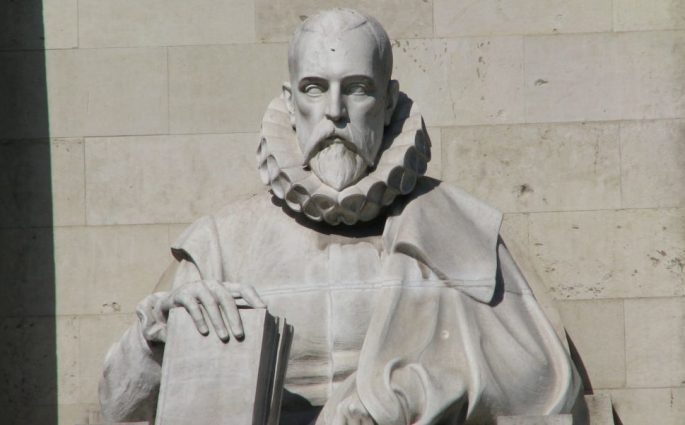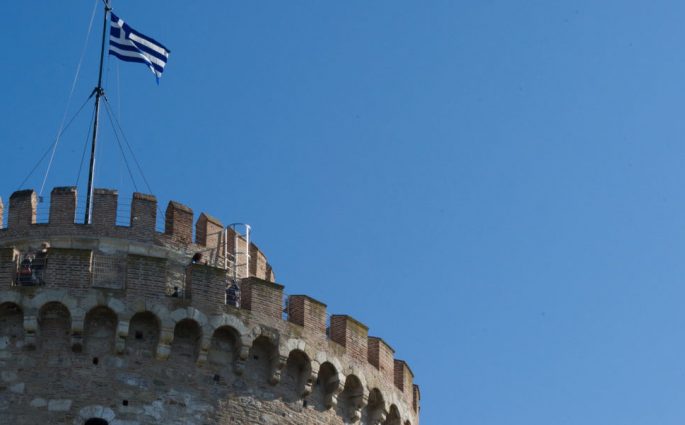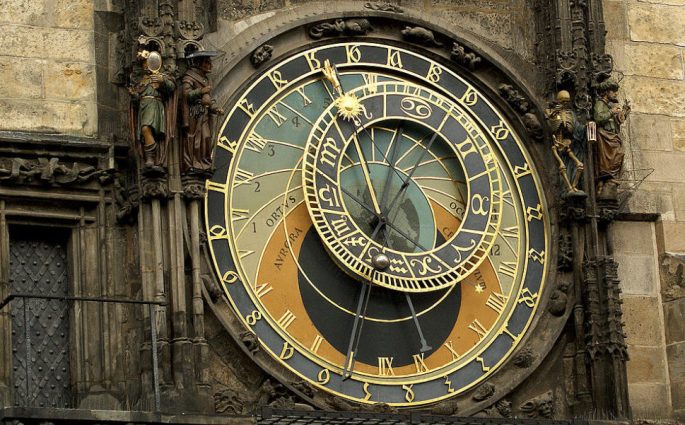The Skin of Chaos —The Letters of Adonis and Adel Abdessemed (part 2)
This is part two of a three-part series. Read part one and three. World-renowned poet Adonis and award-winning artist Adel Abdessemed present a record of their passionate conversations in Paris in this collection of letters written between June 2013 and February 2015. Presented exclusively for the first time here in anticipation



